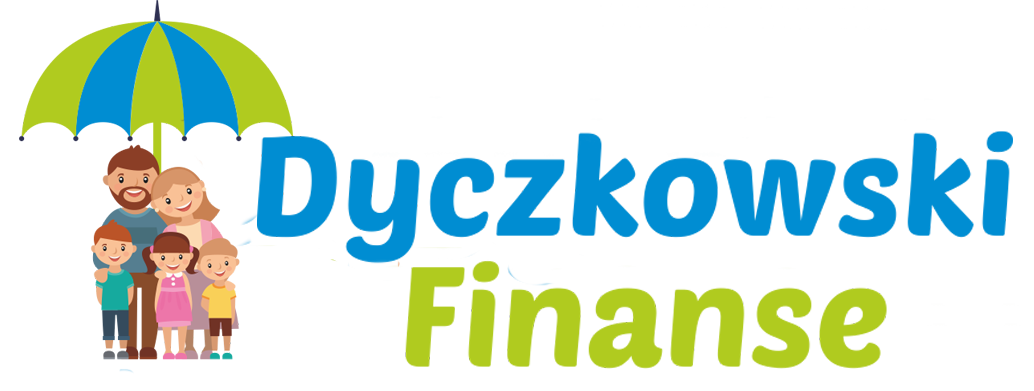
Instead of viewing it as a failure, it should be seen as a signal that additional support or adjustments to the treatment approach are needed. Relapse does not indicate a lack of effort or dedication; rather, it underscores addiction’s chronic and challenging nature. For those grappling with alcohol use disorder (AUD), characterized by the uncontrollable consumption of alcohol despite harmful consequences, the path to recovery can be particularly demanding. National surveys reveal that only about one-third of individuals with AUD attempt to quit drinking each year. Of those who do attempt, merely 25 percent achieve success in reducing their alcohol intake for more than a year.
How Does Group Therapy Help with Substance Abuse?

Others, such as the Addiction Severity Index, assessed shorter time periods of 30 days or less. Trust allows individuals to open up and share their deepest fears and insecurities without fear of judgment. It creates a sense of safety and security, enabling participants to explore their emotions and vulnerabilities in a supportive environment.
Communication Exercises: Enhancing Interpersonal Skills in Recovery
- For all your therapy practice and substance abuse group activities needs Theraplatform can help.
- Icebreaker games not only foster a sense of inclusivity but also help combat nerves and hesitations that can arise when discussing sensitive topics.
- Trust also fosters a sense of camaraderie and connection among group members, which can be incredibly powerful in the recovery process.
- During art therapy sessions, participants are encouraged to explore their thoughts and feelings through visual expression.
- The therapist creates a safe, non-judgmental space where participants can openly share their thoughts, feelings, and experiences.
- They can also help participants develop their communication skills and experience strength through vulnerability.
By speaking their feelings aloud, participants can release emotions that may be holding them back in their recovery. If you or a loved one is looking for substance abuse treatment, you can find it today. Spring Hill Recovery Center is located in western Massachusetts, and provides evidence-based addiction treatment in a residential setting.
Conclusion: A Journey to Healing Together

However, this information is not intended to be a substitute for professional medical advice, diagnosis, or treatment. For medical advice please consult your physicians or ChoicePoint’s qualified staff. Although the exercises mentioned earlier can be conducted for adolescents, here is a list of fun and engaging CBT group activities for youth. These are designed to help teens and young ones feel supported in their recovery journey.
These exercises can help participants develop trust in their peers, which is crucial for a supportive recovery environment. Participants were interviewed within their first week of entering a sober living house and again at 6-, 12-, and 18-month follow up. To maximize generalization of findings, very few exclusion criteria were used and very few residents declined to participate. Secondary outcomes included measures of legal, employment, medical, psychiatric and family problems. Some measures assessed the entire 6 months between data collection time points.
Setting achievable goals and celebrating successes, no matter how small, can be incredibly motivating. Topics include active listening, assertiveness, conflict resolution, and rebuilding trust. Improved communication can help individuals mend relationships damaged by addiction. Group therapy sessions focusing on understanding addiction help individuals understand the science behind their condition. Below is a list of therapy topics and themes that may be used during group therapy for substance use disorders. Although the list is comprehensive, it is by no means a complete list of every topic or theme that may be touched upon during treatment.
- These groups support recovery by providing a judgment-free environment where members can show acceptance and offer validation.
- TherapyByPro is an online mental health directory that connects mental health pros with clients in need.
- On the contrary, it should serve as a prompt to reach out to their physician or healthcare provider promptly.
- The therapist can enact the scene with group members and help the teen practice taking a stand for himself in a real-life situation.
- With personalized treatment plans, patients have access to the right tools that can help replace unhealthy habits with productive ones so patients can live a happy, fulfilled life.
- Here are 13 experiential therapy activities that can be used in group settings to facilitate healing and growth for those recovering from addiction.
Join Over 5000 Other Mental Health Pros

It supports well-being and helps prevent people from becoming overwhelmed or giving in to triggers. Discuss how treatments for physical illnesses – like broken bones or infections – are similar to treatments for psychological illnesses like addiction. Brainstorm ideas for the ideal hospital or retreat to provide you with mental and emotional healing. After playing with them, transition into a discussion about the fallibility of our senses and substance abuse group activities point of view. Talk about how differently people perceive things based on who they are and the situation at hand.

Substance abuse group activities focused on the positive aspects of a substance-free life highlight the physical, mental, and emotional benefits of remaining sober. Group discussions, guest speaker sessions, and personal testimonials shed light on how sobriety can improve relationships, better health, and a renewed sense of purpose. Cognitive behavioral group therapy aims to create a collaborative environment that fosters emotional and mental well-being. Group therapy is a cornerstone https://ecosoberhouse.com/article/relapse-prevention-plan-how-it-can-help-you-stay-on-track/ of substance abuse treatment for several compelling reasons.

